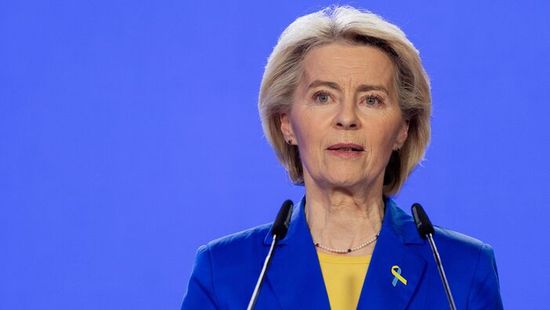Orbán móresre tanította Von der Leyent: megmutatta neki, mire képesek a magyarok (VIDEÓ)

„A szuvereintás jobb üzlet” – jelentette ki a Nézőpont Intézet vezetője.

Gaddafi has enough blood on his hands, and deserved to fall to the insurgents, but there's no reason to submit to war propaganda.
„If the Gaddafi regime is now more in control of Libya than before, then this completely undermines the simplistic view put about by the supporters of war – and unfortunately by some elements of the resistance – that the situation was simply one of a hated tyrant hanging on through mercenary violence. Of course, he uses whatever resources he has at his disposal, but a) it would seem that the involvement of imperialism has driven some Libyans back into the Gaddafi camp, as it's unlikely he would maintain control without some degree of support, and b) we know that rebellious sectors started to go back to Gaddafi within mere weeks of the revolt taking off, meaning in part that his resources of legitimising his regime were not exhausted even before the US-led intervention. Despite the defections, he has consolidated his regime in a way that would have seemed improbable in the early weeks of revolt.
It's important to bear in mind what this means. Both Ben Ali and Mubarak had the support of the US and its major allies – especially Mubarak. They had considerable resources for repression, and there was financial aid being channelled to them, talks aimed at offering reforms to the opposition … and in the end they proved too brittle, too narrowly based, to stay in power.
The state apparatus began to fragment and decompose. The protests kept spreading, and withstood the bloodshed. Nothing they could offer or threaten was sufficient. Gaddafi, on the other hand, has hung on in the face of not only a lack of support from his former imperialist allies, but active political, diplomatic and military opposition. That he did so to a considerable extent through sheer military superiority doesn't mean that the regime hasn't a real social basis.”